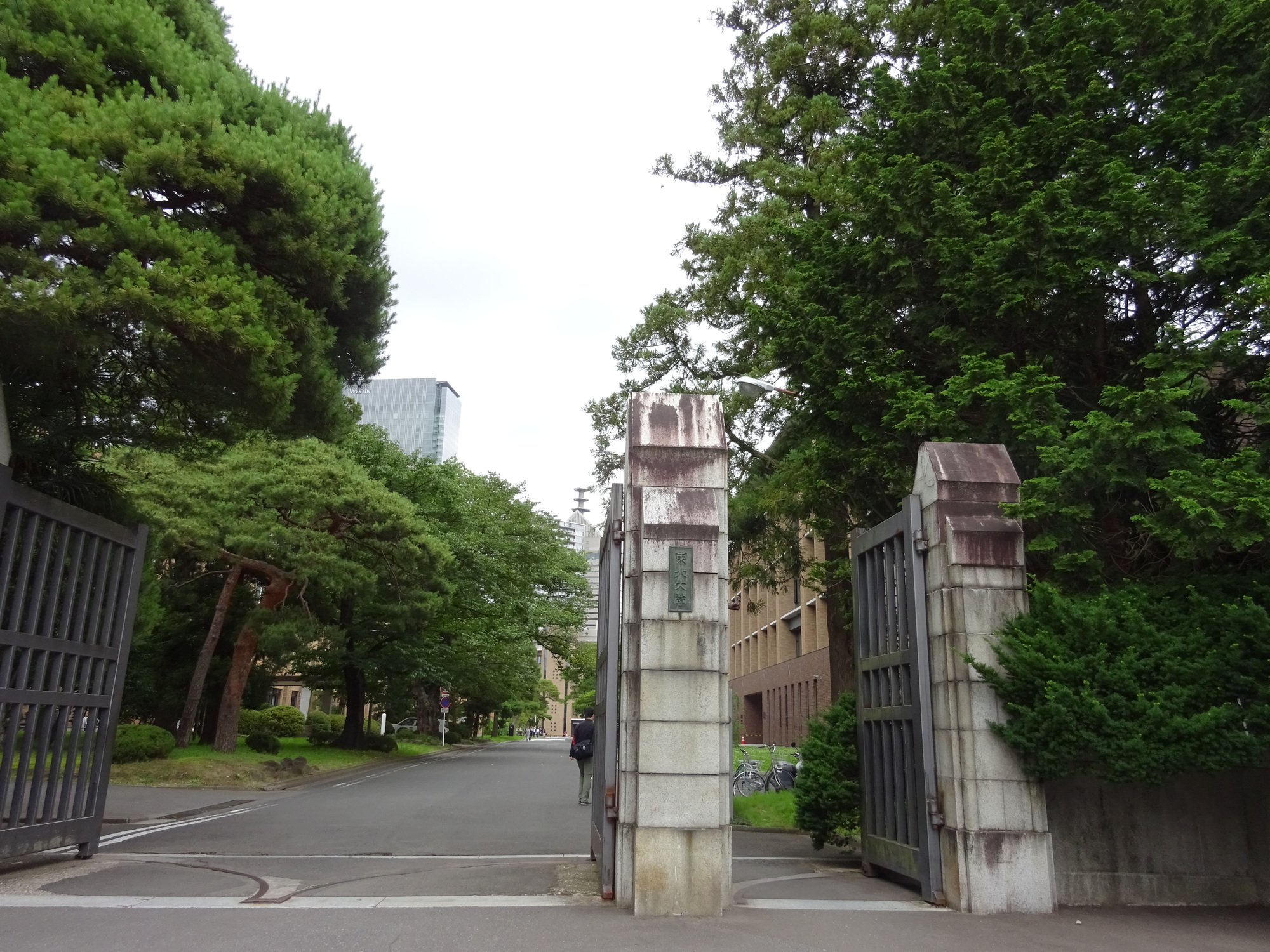The Japan Society for the Promotion of Science has summarized the results of the interim evaluation of the 2013 selection of the doctoral program leading program that develops excellent students into human resources who can play an active role globally.Of the 18 programs, 3 programs were rated the highest as exceeding the plan, while 4 programs were rated below the plan and further efforts are requested.
The Japan Society for the Promotion of Science adds hearings and field surveys based on the interim evaluation records submitted by each university.
■ S evaluation (initiatives beyond the plan)
■ A evaluation (initiative as planned)
■ B evaluation (initiatives below the plan)
■ C evaluation (Because it is below the plan, it needs to be reviewed)
■ D evaluation (difficult to achieve business purpose, equivalent to cancellation)
The evaluation was divided into 5 stages of-.
According to it, the highest rated S was "Primatology / Wildlife Science / Leading Graduate School" at Kyoto University, "Multi-Dimensional Material Science and Engineering Leader Training Program" at Tohoku University, and "Empowerment" at University of Tsukuba. 3 projects of "Informatics Program".
Highly rated A is 11 projects such as the University of Tokyo's "Global Leader Training Program to Lead Social Concept Management" and Waseda University's "Doctoral Program in Informatics".
The low-rated B is four projects such as the National Graduate Institute for Policy Studies's "Leader Training Program in the Age of Global Order Transformation" and the Shiga University of Medical Science's "Asia Non-Communicable Diseases Transcendence Project".There were no C or D ratings that were worth reviewing or discontinuing.
The Leading Program for Doctoral Education is a system that supports graduate school education by gathering first-class faculty members and students from Japan and overseas to build a world-class, high-quality degree program. In 2013, 15 projects from 18 universities were adopted.



